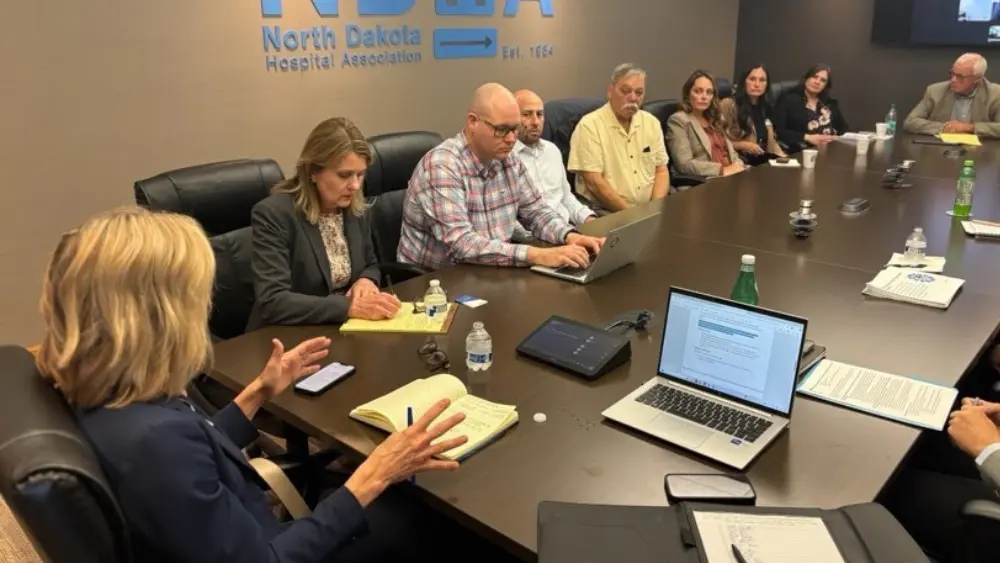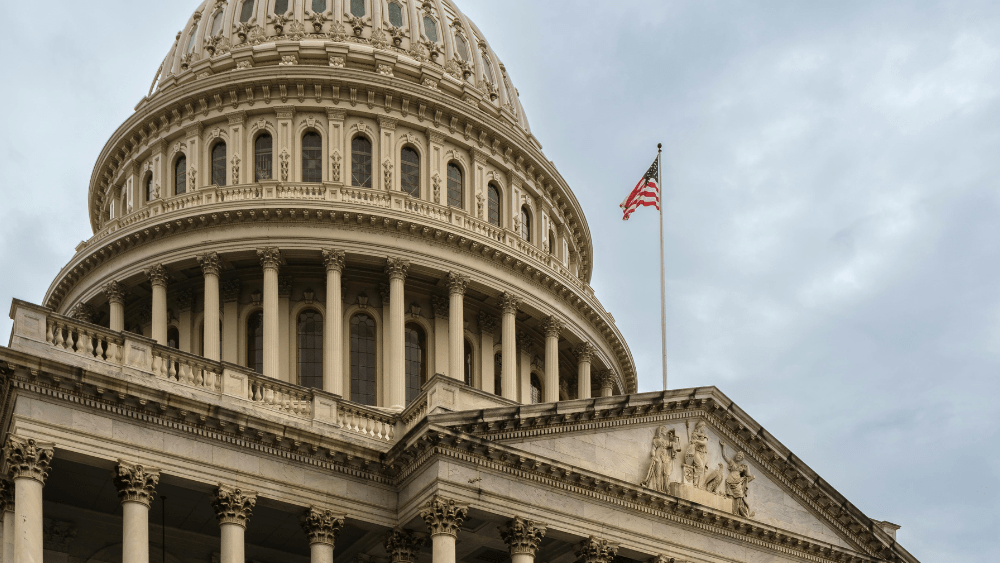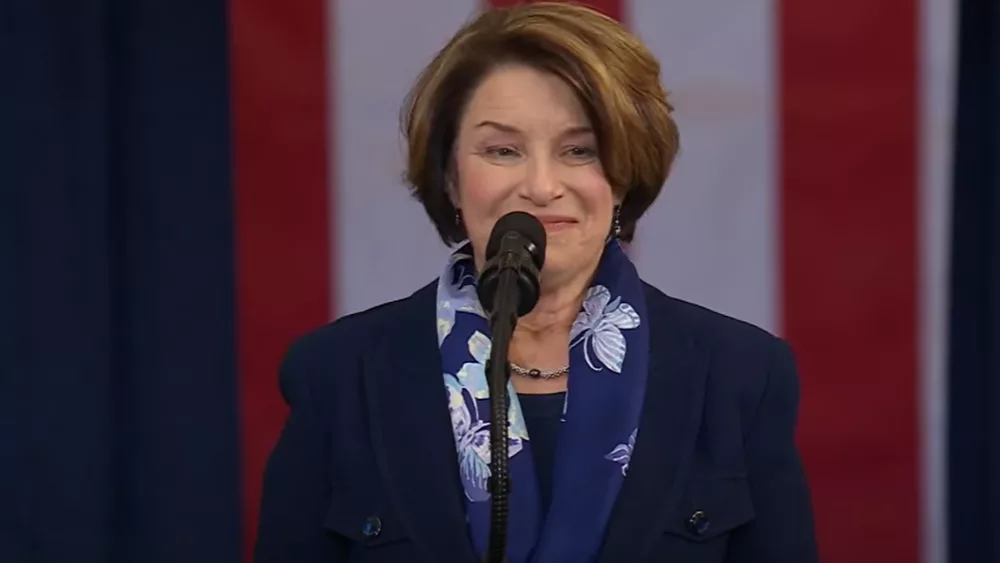BISMARCK – North Dakota healthcare industry leaders and state officials gathered this week for a roundtable discussion with Congresswoman Julie Fedorchak.
The roundtable focused on rural healthcare investments and ongoing Republican-led efforts to address health insurance premium affordability.
“The Working Families Tax Cut Act established the Rural Health Transformation Fund, a landmark $50B investment in rural health care for states like North Dakota. The Centers for Medicare & Medicaid Services launched the application for states to apply for this new funding less than a month ago, and I’m proud our state’s health leaders quickly developed a thoughtful application,” Fedorchak said. “The forward-looking approach and collaboration among our hospitals, clinics, and state agencies should serve as a model for the entire country.”
Fedorchak emphasized the difference between the long-standing Obamacare premium tax credits, which will continue to exist after January 1, 2026, and the temporary enhanced version created in response to the COVID-19 pandemic. The enhanced premium tax credits dramatically expanded eligibility and cost taxpayers billions each year.
“These tax credits were never meant to be permanent—that’s why Congressional Democrats themselves set them to expire on January 1, 2026. Republicans are ready to find a responsible path forward as soon as Democrats vote to reopen the federal government. Tying government funding to these enhanced premium tax credits is a red herring, and the longer Democrats keep the government shut down, the longer it delays a solution,” Fedorchak added.
She also spoke to the Democrat-supported Continuing Resolution, which would take out the $50 billion Rural Health Transformation Fund and roll back health reforms passed under the Working Families Tax Cuts Act.
Among those attending were House Majority Leader Mike Lefor, Medicaid Director Sarah Aker and officials from three of the state’s large healthcare agencies – CHI St. Alexius, Essentia Health and Sanford Health.





